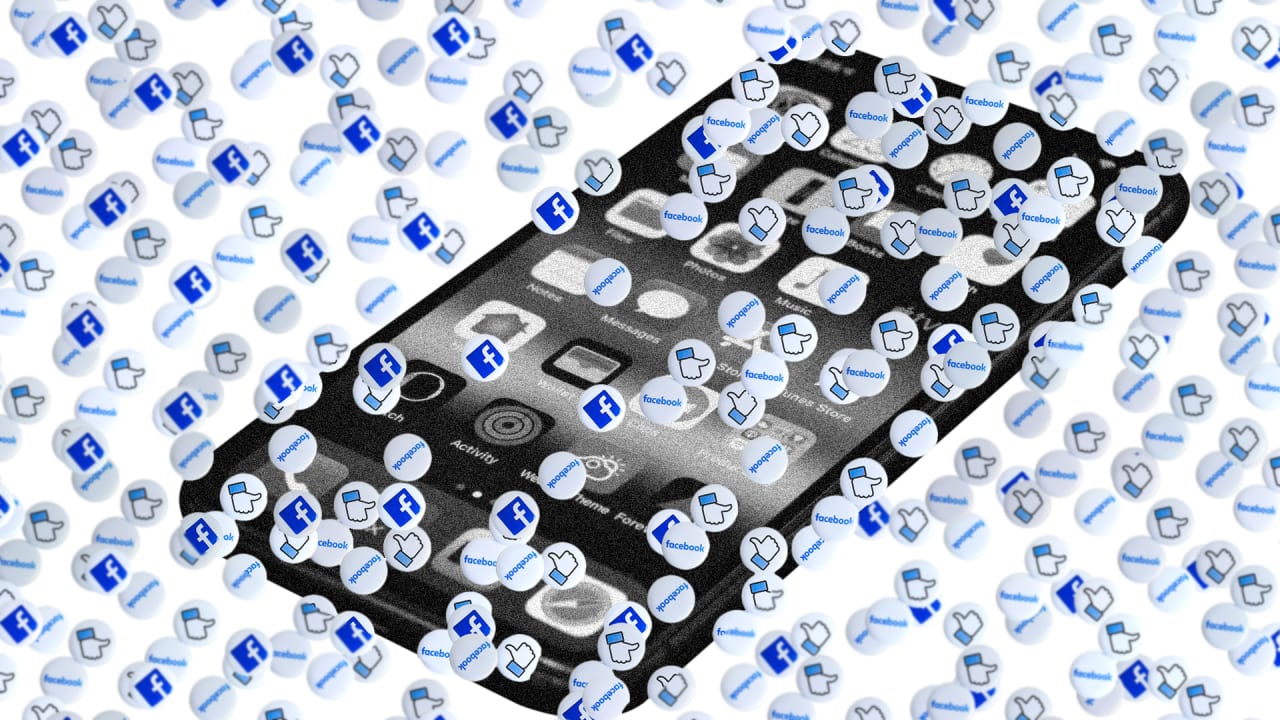Reining in the power of big tech companies, including major social networks, is an idea with growing bipartisan support in Washington. Much of the debate so far has revolved around the idea of breaking up companies such as Facebook to limit their reach and influence. But such “structural remedies” require a difficult and costly court battle, and history shows that they can take a decade or more to play out. Based on comments during last week’s tech antitrust hearing in the House Judiciary Committee, it now seems possible that a more surgical approach will ultimately win the day. If one factor explains the competition problem in social media, it’s network effects . The more members a social network onboards, the more valuable the platform becomes. After all, when all your friends and family are already on Facebook, you may feel the need to become a member in order to stay in the loop. And you might also end up spending far less time on other networks. This makes a tough road for all those Facebook alternatives out there. If past judgements such as U.S. v. Microsoft are a guide, U.S. courts don’t smile on big companies that get a competitive advantage simply by being big. One way to mitigate Facebook’s network effects would be to make it less (socially) costly for people to stay on smaller, competitive networks. That’s why the concepts of portability and interoperability are so important. Data portability proponents say that just as your phone number is portable when you switch from one carrier to another, your social identity and social content should be portable if you want to move to another competing social network. They also say that just as it’s easy for an AT&T Wireless customer to call a T-Mobile customer–because the networks are interoperable–social network users should be able to share content across networks. For example, it should be easy for a Facebook user to share social content with a friend on LinkedIn. Plenty of precedent These aren’t new concepts. As a way of giving new cellular carriers a fighting chance, the Federal Communications Commission in 1996 mandated that consumers be able to take their phone number with them from a wireline carrier to a wireless carrier, or vice versa

Go here to see the original:
How interoperability could end Facebook’s death grip on social media